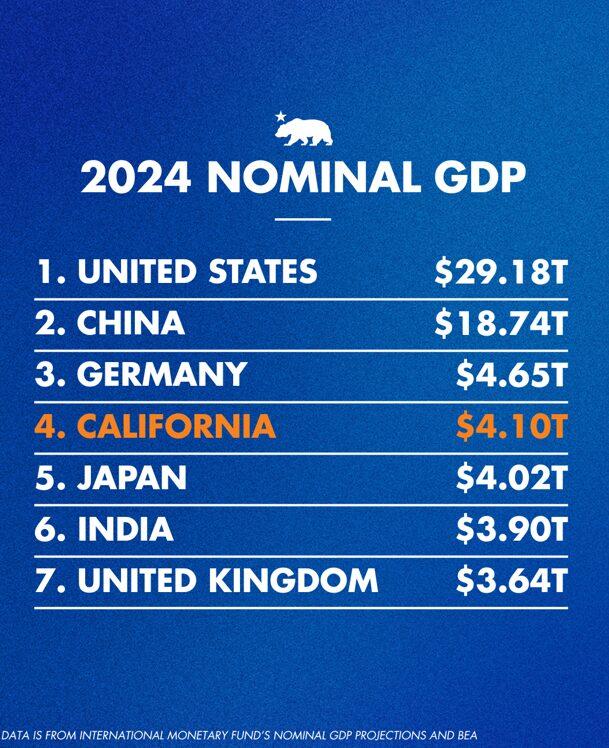WITH affirmative action being used as a wedge issue in communities, ethnic community leaders and members are working toward expanding educational access, affordability, and ethnic diversity in public higher education.
“[How] are we going to frame the discourse around education as a public good?” said Betty Hung, policy director at Asian Americans Advancing Justice – Los Angeles, during the organization’s conference on Wednesday, March 30, focused on empowering Asian American and Pacific Islander communities. “Is it truly going to be a good that’s accessible to everyone in this multiracial democracy or is it going to be limited to only a few?”
In a panel discussion, Hung introduced an initiative called “College for All,” which has a five-pillar platform: reinvesting in education, expanding enrollment slots in University of California and California State University systems for eligible California students, promoting the success of the highest need students at the highest need schools with local control funding formula plus (LCFF+), addressing implicit bias in all schools (including against LGBTQ students and others), and opposing all caps and quotas on admission and enrollment.
LCFF+ was historic legislation signed by California Gov. Brown in 2013 that allocates more resources to the state’s neediest schools. Under the law, districts receive a per-pupil base grant, a supplemental grant based on the number of English learner students, students who come from low-income families and foster youth, and a concentration grant for districts with more than 55 percent of this targeted population, according to a release.
Hung also cited data from the Public Policy Institute of California, which estimates that by 2030, without reinvestment in higher public education, the state will have a shortage of 1.1 million college graduates based on California’s workforce needs.
“I think what we have to recognize is that we retain remnants of policies that were adopted in a different era, chief among those is Proposition 209,” said Thomas Saenz, president and general counsel of the Mexican American Legal Defense and Educational Fund.
Proposition 209, also known as the California Civil Rights Initiative, was enacted in 1996 and amended the state Constitution to prohibit public institutions from discriminating based on sex, ethnicity or race.
“But it’s not only the policies we retain,” Saenz added. “I think it’s also common wisdom, approaches to issues and process, that grew out of a different era that we retain even though they no longer serve us well.”
In data presented by Karalee Vaughn, board member of Empowering Pacific Island Communities, an organization that aims to empower Native Hawaiian and Pacific Islander (NHPI) communities, Filipinos represented 2 percent of students enrolled in LCFF+ schools, while Hispanics constituted 76 percent. She also shared that 19 percent of NHPIs attend for-profit colleges and that many are targeted by these institutions. Upon graduating, these students face difficulty in finding jobs and have incurred much debt.
Saenz said he sees two major problems in California with respect to higher education: an inadequate number of seats available in post-secondary institutions compared to the need projected for college graduates with four-year degrees, and continued inequity.
“[We] continue to use sorting and selecting mechanisms for our higher education institutions that have demonstrated biases and, in many cases, were adopted because of those biases, again, to particular student groups. And we have done nothing to root out those biases in criteria or to significantly affect the biases that play out in differential resource availability and differential outcomes for students from kindergarten through 12th grade, where you go to school and specifically the socioeconomic status of those you go to school with largely determine or predetermine where your outcome is likely to be with respect to higher education,” he said.
The College for All campaign has identified the highest concentration of LCFF schools, or those with 75 percent or more of students who are low-income English learners or foster care youth, Hung said. She added that there are about 700 high schools with nearly 700,000 LCFF students, 93 percent of whom are students of color. As part of the platform, College for All calls on more resources for LCFF+ high schools to support students in preparing for college.
Oraiu Amoni, political director of United Teachers Los Angeles, the second-largest teachers union in the nation, shared during the discussion his story as a product of affirmative action. Born and raised in Watts, Amoni went on to attend UC Berkeley in 1994, a transition he said he didn’t think would have been possible without affirmative action.
“From a personal perspective, I think it’s important that folks that have come from this environment or these environments speak up and support these endeavors,” he said.



